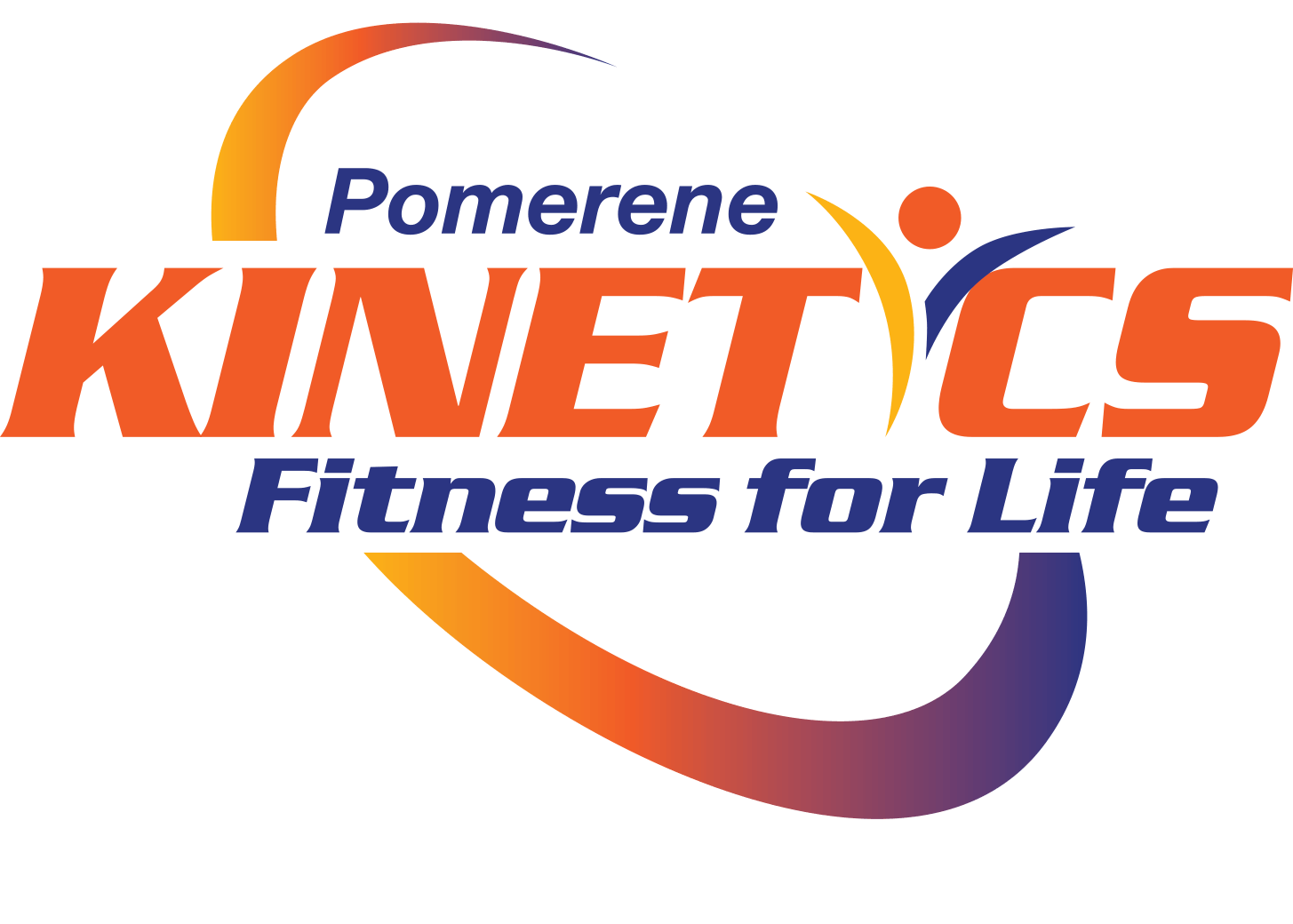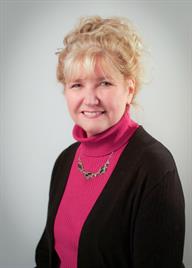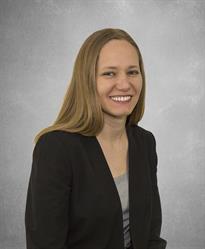Diagnostic Imaging Services
Pomerene Imaging Services is proud to offer a comprehensive department that provides you with prompt, high quality care by State Licensed and Nationally Registered Technologists. We provide all of these services in a relaxed setting where our technologists keep you informed as to what will be occurring and what to expect before, during, and after your testing. Pomerene offers continuous emergent care availability, outpatient, and inpatient care. Our imaging exams are all read by either Board Certified Radiologists or a Board Certified Cardiologist.
Our Services
Our imaging services include a multi-slice, low dose CT Scanner, a wide bore MRI unit, Bone densitometry with FRAX assessment, 3D mammography with the go soft mammography pad, and complete digital general radiographic equipment. Ultrasound, Cardiovascular ultrasound, and Nuclear medicine imaging are also provided.
For more information or to schedule an appointment, please call:
Imaging Methods Available at Pomerene
Medical Imaging You Deserve. Results You Can Trust.
Capturing quality MRI images are important for making the right diagnoses. High resolution images from head to toe provide our board certified radiologist with the details needed to evaluate even the most complex images. Our MRI is complete with a wider opening, offering a more comfortable experience for ALL patients, even those prone to claustrophobia.
You deserve a BETTER mammogram
Pomerene Hospitals offers 3D mammography, an advanced breast screening service, clinically proven to deliver a superior clinical performance to 2D mammography. Early detection is key to preventing and treating breast cancer. The advanced 3D mammography can help find cancer earlier and provide more accurate diagnoses, without increasing radiation dose. Greater accuracy means BETTER detection and BETTER detection saves lives.
- 20-65% more invasive breast cancers detected, compared to 2D mammography
- Reduction of callbacks, additional images and biopsies
- Installed with the “SmartCurve” System, proven to deliver a more comfortable experience
- Results within 24-hours!
The fear of pain prevents many women from making regular breast screening appointments a priority, putting them at risk of cancer being missed or diagnosed at a more advanced stage. Our team utilizes the SmartCurve™ Breast Stabilization System, clinically proven to deliver a more comfortable mammogram, without compromising image quality and exam time. It’s curved compression surface mirrors the shape of a woman’s breast, eliminating the discomfort factor.
Is it time to schedule your mammogram?
The American College of Radiology recommends the following Breast Cancer Screenings for Women of Average Risk*
- Women age 40 and older (who have no symptoms) should have an annual mammogram.
- Screening with mammography should continue as long as the woman is in good health and willing to undergo additional testing (including biopsy) if an abnormality is detected.
*If you are or may be at high risk for breast cancer, you should speak with your provider to decide if additional screening tests might be right for you.
Screening mammograms save lives
Screening mammography prevents deaths from breast cancer through early detection. This is supported by clear evidence from studies showing fewer breast cancer deaths in women who had screening mammograms compared to those who did not.
Regular screenings make a difference
The most breast cancer deaths are prevented and lives saved when screening mammography is performed annually beginning at age 40.
Early detection reduces severity of treatment
Early detection with mammography not only saves lives but also reduces the severity of treatment that women with breast cancer undergo. Studies have demonstrated that women whose breast cancers are found with screening mammography are less likely to have more intensive treatment such as mastectomy or chemotherapy.
Results aren't always right
The primary limitations of screening mammography are that it will not find all cancers and may require some additional testing for non-cancers. Physicians and scientists continue to work to improve breast cancer screening methoss. One example is digital breast tomosynthesis (DBT), a new 3-D technique for performing screening mammography that is now available. DBT is a more accurate mammogram which directly addresses the limitations of standard mammography.
1 in 6
Breast cancers occur in women between the ages of 40-49.
3/4
of women diagnosed with breast cancer have no family history of the disease and are not considered high risk.
50+
Even for women 50+, skipping a mammogram every other year would miss up to 30% of cancers.
40's
The years of life lost to breast cancer are the highest for women in their 40s.
40%
of all the years of life saved by mammography are among women in their 40s.



